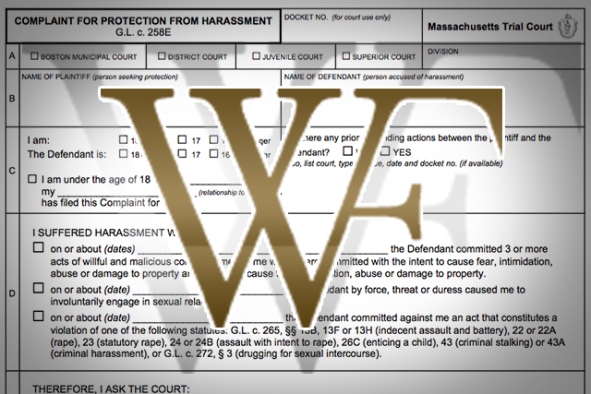Halloween is just a couple days away and the advertisements from Party City and displays in Wal-Mart and Target have been in full swing. For some parents it may be easy to figure out who will take the child Trick-or-Treating, but all too often that is not the case. If you are encountering difficulty deciding where (or whether) your child will go Trick-or-Treating because of the other parent’s behavior, you’re not alone. Halloween is one of the biggest holidays for children, and as a result can become a battlefield for parents post-divorce or post-separation. Take comfort in knowing that there are a number of ways to resolve a dispute, or potential disputes, without setting foot in a courtroom.

Check your Separation Agreement – Plan ahead by re-reading your separation agreement or judgment to see what it says about sharing holidays. Children need to be prepared by knowing where they are going as well. Having this information can be invaluable when managing expectation and can prevent a Halloween Eve horror show.
Multiple Trick-or-Treat Outings – It is not unheard of for kids of divorced or separated parents to have more than one Trick-or-Treat adventure. Trunk-or-Treat has become a popular alternative to Trick-or-Treating and is usually arranged at school. “Safe” Trick-or-Treating at local shopping centers and malls are offered in many communities as well. Another possible option could be alternating years sharing the official “Halloween” holiday. If that is acceptable, the parent in the off-year can avail him or herself of one of these other kinds of Trick-or-Treat events.
Alternate Holidays or Vacation Dates – If one parent does not celebrate Halloween because of religious reasons or places a higher priority on other yearly family holidays, an offer could be extended to switch parenting time or dates so that the child can enjoy the fun. In contrast, if one parent places a lot of importance on spending time with the child on Halloween, concessions can always be made by bartering other vacation or holiday time. This give-and-take can quickly resolve the issue without 3rd party involvement and keep unnecessary drama to a minimum.
Share the Holiday – Try to figure out a way to share the holiday, if at all possible. Just because parents are separated, does not mean that this can’t be accomplished. Both parties could participate in Trick-or-Treating for the sake of their child as it is for a relatively small amount of time, and is often done in groups with other families and children migrating from house to house. The other parent on the receiving end is bound to appreciate the gratuitous gesture and may extend a courtesy in the future when least expected.
Regardless of the outcome or resolution, parents should know that a child’s well-being should be a priority and should always keep their best interests in mind when working with the other parent.











